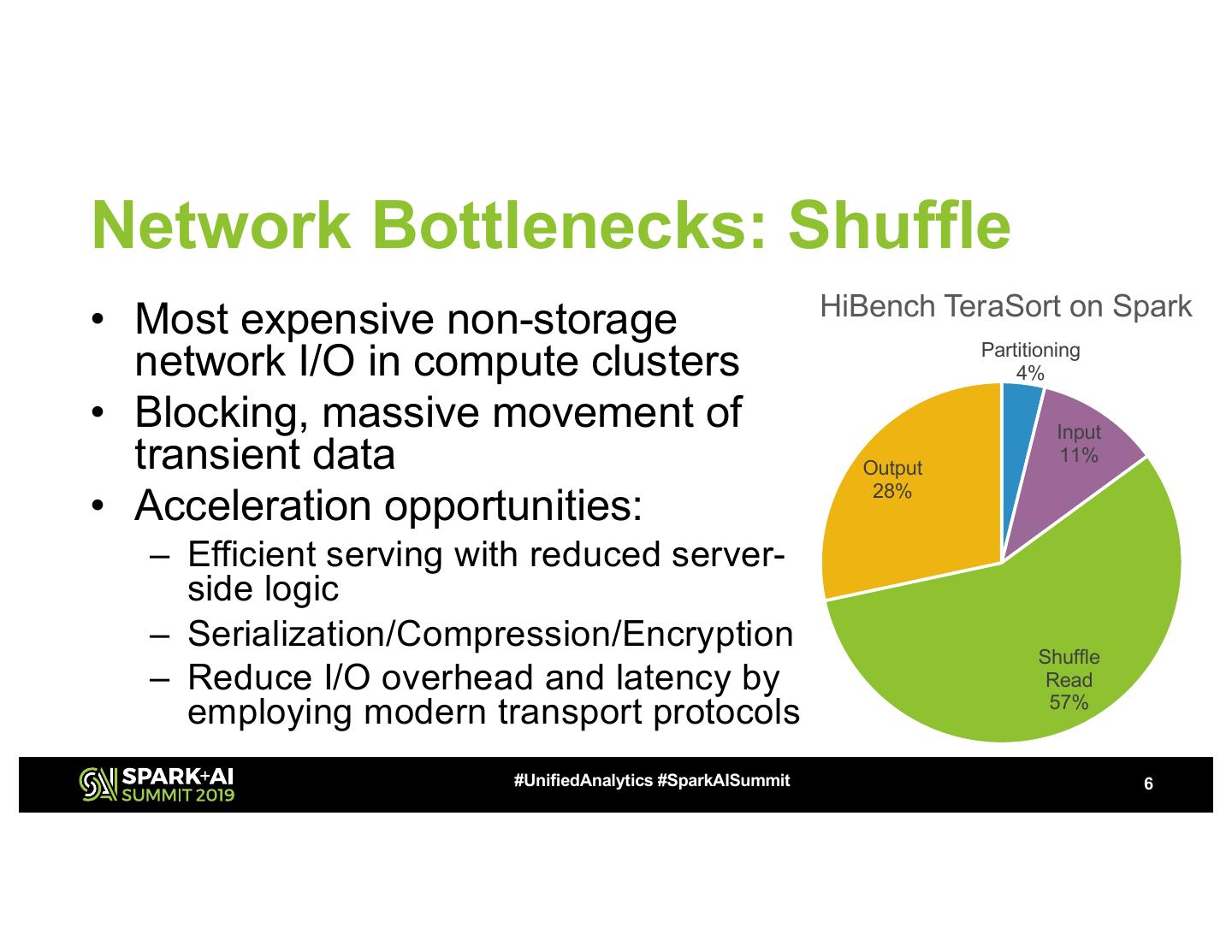Exploring the Connection: Do Hydrangeas Attract Ants?
#### IntroductionHydrangeas are beloved garden plants known for their stunning blooms and lush foliage. However, a common question among gardeners is, **do……
#### Introduction
Hydrangeas are beloved garden plants known for their stunning blooms and lush foliage. However, a common question among gardeners is, **do hydrangeas attract ants?** Understanding the relationship between these beautiful flowers and ants can help gardeners make informed decisions about their gardening practices.
#### Understanding Ant Behavior
Ants are social insects that play a crucial role in the ecosystem. They are known for their ability to form colonies and their industrious nature. While ants can be beneficial by aerating the soil and controlling pest populations, they can also become a nuisance when they invade gardens and homes.
One reason gardeners may observe ants around their hydrangeas is that these plants can attract aphids and other sap-sucking insects. Ants are known to "farm" these pests for their honeydew, a sugary substance secreted by aphids. This relationship raises the question, **do hydrangeas attract ants** due to the presence of these pests?
#### The Relationship Between Hydrangeas and Aphids

Hydrangeas can indeed attract aphids, especially during the warmer months. These pests can thrive on the tender new growth of hydrangeas, feeding on the plant's sap. In turn, the presence of aphids can lead to an increase in ant activity around the plants. Ants will protect aphids from predators, ensuring a steady supply of honeydew for themselves.
This symbiotic relationship can be problematic for gardeners. While ants themselves do not harm hydrangeas, their presence often indicates that aphids are nearby. Therefore, if you notice an increase in ant activity around your hydrangeas, it may be time to inspect the plants for aphids or other pests.
#### Preventing Ants and Aphids in Your Garden
To maintain a healthy garden and minimize ant activity, gardeners can take several proactive steps:
1. **Regular Inspection**: Frequently check your hydrangeas for signs of aphids or other pests. Early detection can help manage infestations before they become severe.

2. **Natural Predators**: Encourage beneficial insects, such as ladybugs and lacewings, which feed on aphids. Planting a diverse range of flowers can attract these helpful predators to your garden.
3. **Neem Oil or Insecticidal Soap**: If you find aphids on your hydrangeas, consider using neem oil or insecticidal soap as a natural treatment. These options can effectively reduce aphid populations without harming beneficial insects.
4. **Physical Barriers**: Using sticky traps or barriers around your plants can help deter ants from accessing your hydrangeas.
5. **Cultural Practices**: Maintain healthy plants through proper watering, fertilization, and pruning. Healthy plants are less susceptible to pest infestations.
#### Conclusion

In summary, the question **do hydrangeas attract ants** can be answered with a nuanced understanding of the relationship between these plants and aphids. While hydrangeas do not directly attract ants, they can create an environment where aphids thrive, leading to increased ant activity. By taking preventive measures and maintaining healthy plants, gardeners can enjoy the beauty of their hydrangeas while minimizing unwanted pests.
Ultimately, understanding the dynamics of your garden ecosystem is key to creating a thriving and harmonious environment for both plants and beneficial insects.